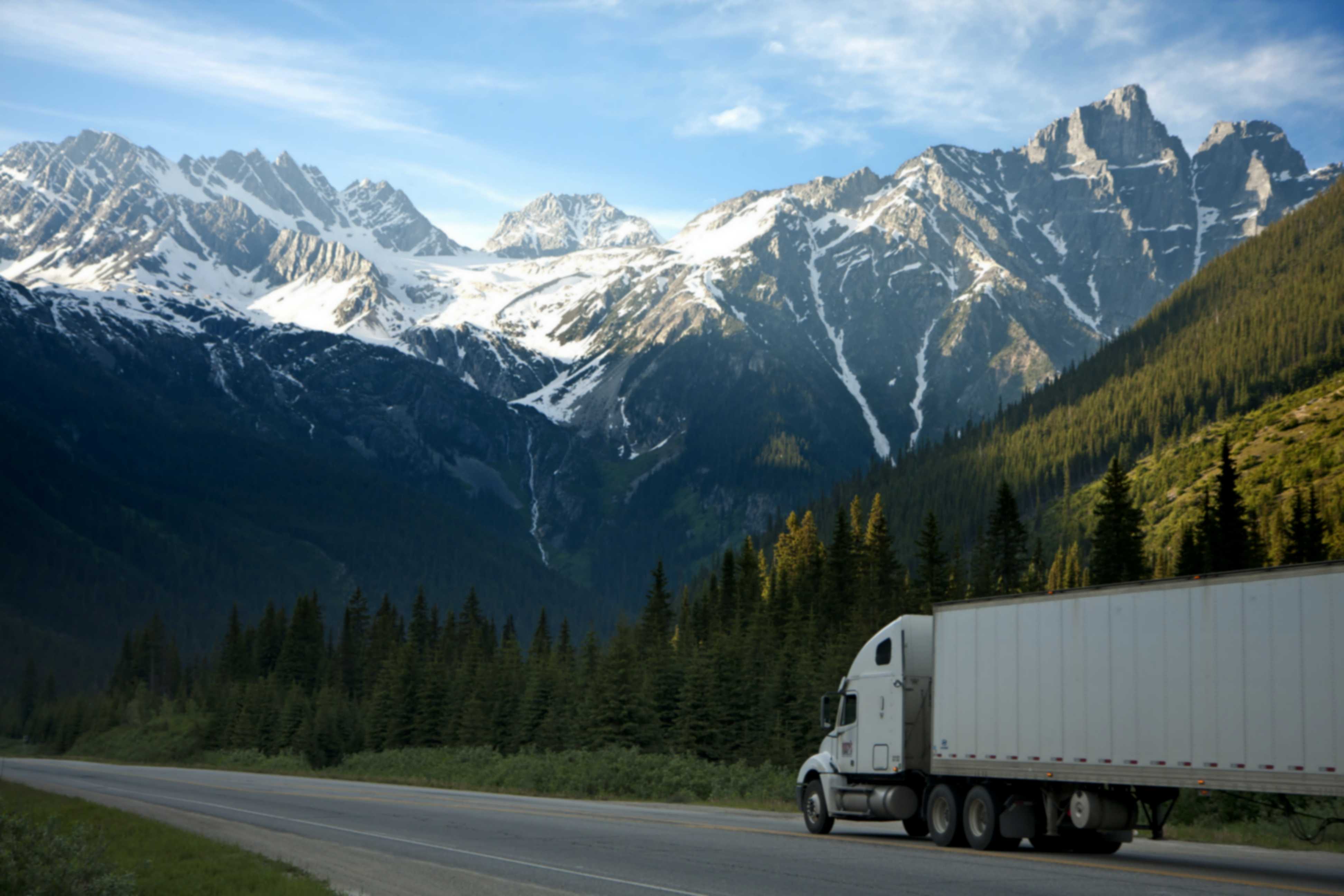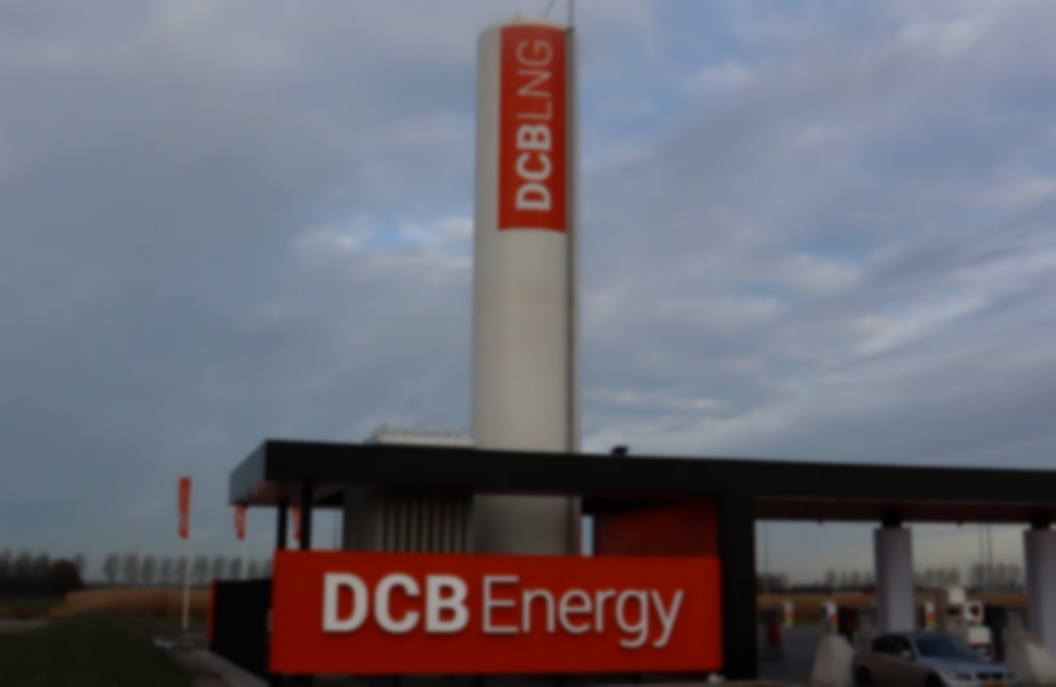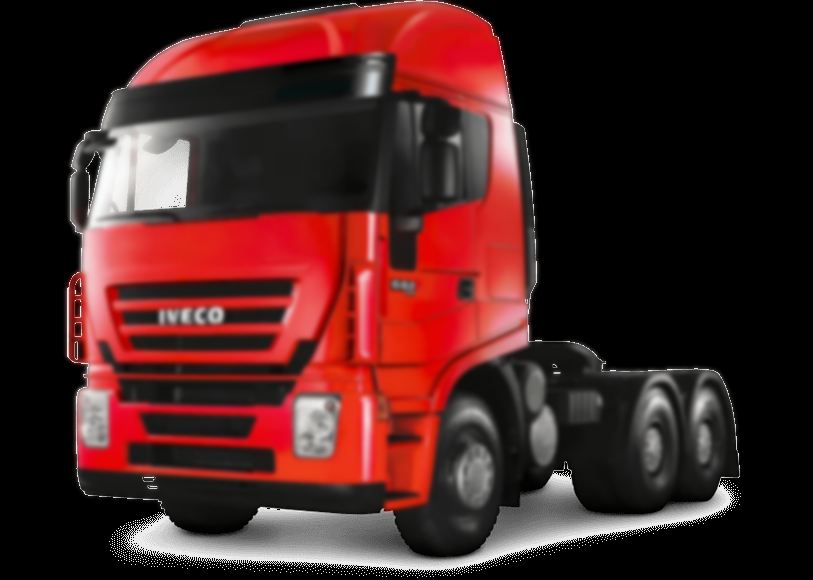Bio-LNG, also known as biological liquefied natural gas, is a renewable fuel used for transport purposes. It is produced from organic material, such as agricultural waste, biomass, and sewage sludge.
Up to 80% CO2 reduction, therefore improving air quality.












